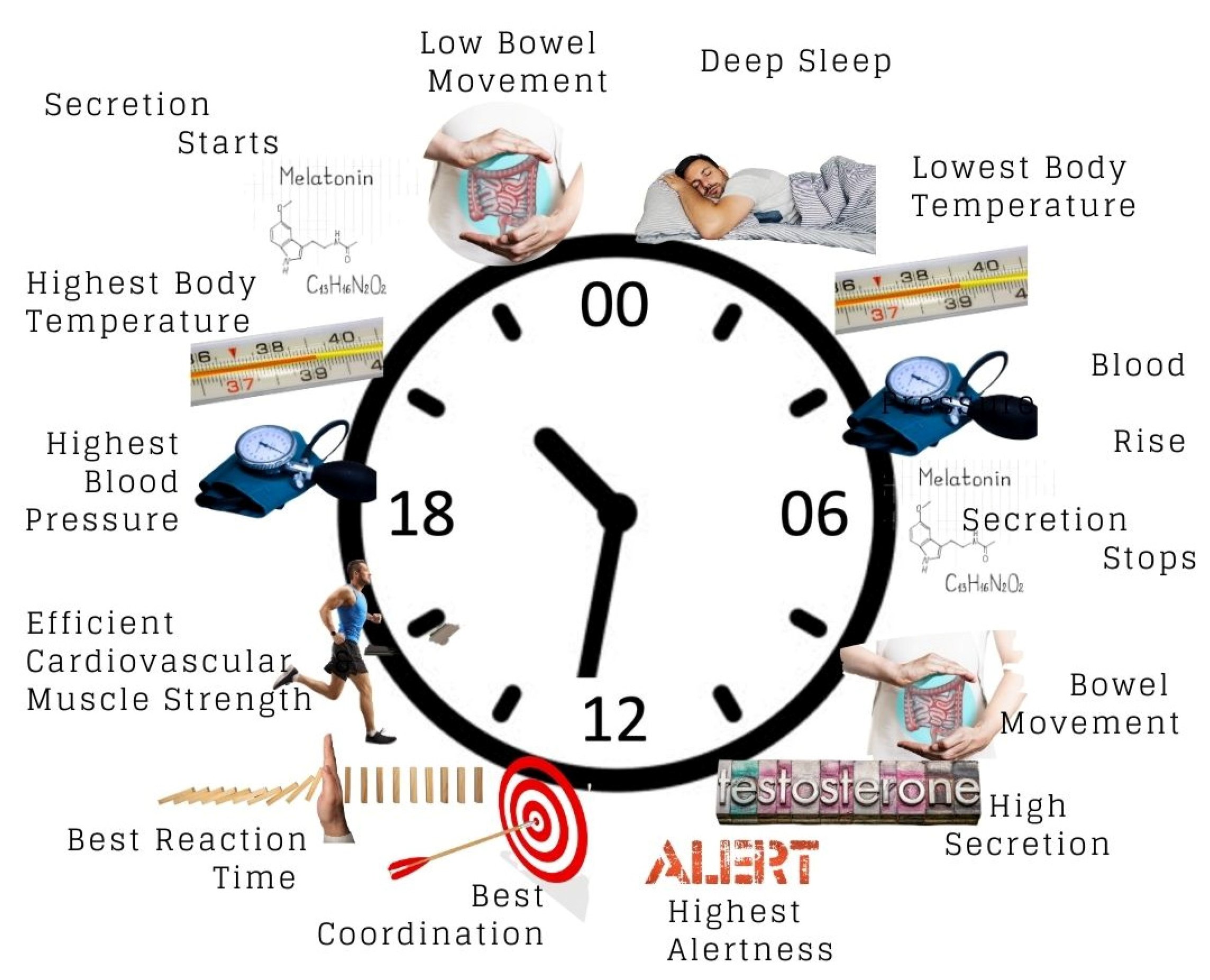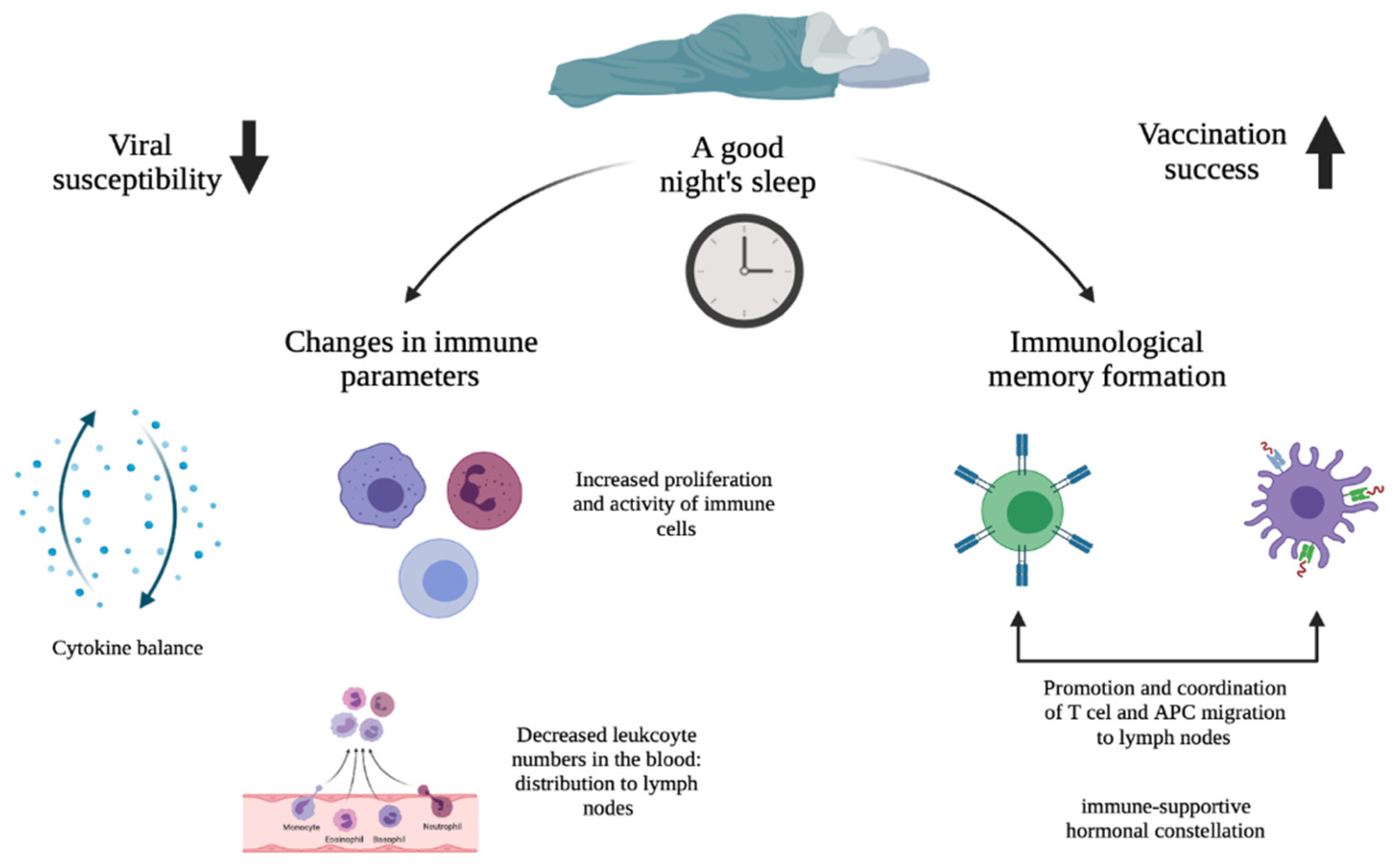In today’s world of artificial light, late-night screen exposure, and irregular meal schedules, many people struggle with fatigue, poor sleep, and health issues. However, science has uncovered a powerful yet simple solution: circadian rhythm optimization.
 Why Circadian Rhythm Optimization Matters
Why Circadian Rhythm Optimization Matters  How Light Controls Your Circadian Rhythm
How Light Controls Your Circadian Rhythm 
 How to Use Light for Better Circadian Alignment:The Role of Meal Timing in Circadian Health
How to Use Light for Better Circadian Alignment:The Role of Meal Timing in Circadian Health  Best Practices for Meal Timing:How Exercise Affects Circadian Rhythm
Best Practices for Meal Timing:How Exercise Affects Circadian Rhythm  Best Time to Exercise for Circadian Alignment:Circadian Rhythm and Sleep Optimization
Best Time to Exercise for Circadian Alignment:Circadian Rhythm and Sleep Optimization  Tips for Optimizing Sleep with Your Circadian Rhythm:Practical Steps to Optimize Your Circadian Rhythm
Tips for Optimizing Sleep with Your Circadian Rhythm:Practical Steps to Optimize Your Circadian Rhythm  Final Thoughts: Why Circadian Rhythm Optimization Matters
Final Thoughts: Why Circadian Rhythm Optimization Matters 
 Recent Insights into Circadian Rhythm Optimization: Aligning Your Body Clock for Better Sleep, Energy, and Health
Recent Insights into Circadian Rhythm Optimization: Aligning Your Body Clock for Better Sleep, Energy, and Health 
 “Morning Light Exposure Regulates Sleep and Energy Levels”
“Morning Light Exposure Regulates Sleep and Energy Levels” 
 “Time-Restricted Eating Supports Metabolism and Weight Management”
“Time-Restricted Eating Supports Metabolism and Weight Management” 
 “Exercise Timing Affects Performance and Recovery”
“Exercise Timing Affects Performance and Recovery” 
 “Circadian Alignment Reduces Stress and Improves Mood”
“Circadian Alignment Reduces Stress and Improves Mood” 
 “Maintaining a Consistent Sleep Schedule Improves Brain Function”
“Maintaining a Consistent Sleep Schedule Improves Brain Function” 
 Final Thoughts: Should You Optimize Your Circadian Rhythm?
Final Thoughts: Should You Optimize Your Circadian Rhythm? 
Your circadian rhythm is your body’s natural 24-hour clock, regulating sleep, metabolism, hormone production, and overall health. By aligning your daily routine with this internal clock, you can boost energy, improve sleep quality, and enhance well-being.
Your body clock controls more than just sleep—it influences metabolism, mood, and overall health. Align it, and thrive.
Dr. Satchin Panda
Dr. Satchin Panda, a leading expert on circadian biology, explains in his TED Talk “How Your Circadian Rhythm Tunes Your Health” that timing matters just as much as what you eat or how much you sleep. Meanwhile, research published in Life Extension Magazine (Panda, 2019) highlights how circadian alignment can optimize metabolism, enhance cognitive function, and reduce the risk of chronic diseases.
This article explores how your circadian rhythm works, why it matters, and practical strategies to optimize it for better health.
What Is the Circadian Rhythm? 
Your circadian rhythm is a biological clock that regulates key functions in your body over a 24-hour cycle. It is controlled by the suprachiasmatic nucleus (SCN) in the brain’s hypothalamus, which responds to light, food, and activity cues.

Key Functions Regulated by the Circadian Rhythm:






Why Circadian Rhythm Optimization Matters 
When your daily schedule is out of sync with your circadian rhythm, it can lead to:






Research shows that disrupting your circadian rhythm (e.g., shift work, late-night eating, irregular sleep) is linked to higher risks of cardiovascular disease, diabetes, and cognitive decline.

How Light Controls Your Circadian Rhythm 

Light is the most powerful cue for your circadian rhythm. Natural sunlight signals the brain to wake up and be alert, while darkness signals melatonin production for sleep.
How to Use Light for Better Circadian Alignment:





The Role of Meal Timing in Circadian Health 
When you eat is just as important as what you eat. Your digestive system follows a circadian rhythm, meaning your body processes food more efficiently during the day than at night.
Best Practices for Meal Timing:





How Exercise Affects Circadian Rhythm 
Physical activity also influences your body’s internal clock. Timing your workouts to align with your circadian rhythm can improve energy levels, metabolism, and sleep quality.
Circadian rhythms are the key to unlocking better energy, sharper focus, and optimal health.
Dr. Matthew Walker
Best Time to Exercise for Circadian Alignment:




Circadian Rhythm and Sleep Optimization 
Aligning your sleep schedule with your natural circadian rhythm is one of the most effective ways to improve energy levels, mood, and overall health.

Tips for Optimizing Sleep with Your Circadian Rhythm:





Practical Steps to Optimize Your Circadian Rhythm 







Final Thoughts: Why Circadian Rhythm Optimization Matters 
Aligning your daily routine with your natural circadian rhythm can:





The good news? Small lifestyle changes—such as adjusting sleep patterns, meal timing, and light exposure—can dramatically improve circadian health over time.
 Recent Insights into Circadian Rhythm Optimization: Aligning Your Body Clock for Better Sleep, Energy, and Health
Recent Insights into Circadian Rhythm Optimization: Aligning Your Body Clock for Better Sleep, Energy, and Health 

Your circadian rhythm—your body’s internal 24-hour clock—regulates sleep, metabolism, hormone production, and energy levels. When properly aligned, it enhances cognitive function, mood, digestion, and overall health. However, modern lifestyles filled with late-night screen exposure, irregular eating habits, and artificial light often disrupt this natural rhythm, leading to fatigue, poor sleep, and metabolic issues.
Recent scientific discoveries highlight the profound impact of circadian rhythm optimization on long-term health and well-being.
“Morning Light Exposure Regulates Sleep and Energy Levels” 

A study in Life Extension Magazine found that natural sunlight exposure in the morning helps regulate circadian rhythms by:



These findings suggest that getting sunlight within 30 minutes of waking up can significantly improve sleep, focus, and energy throughout the day.

“Time-Restricted Eating Supports Metabolism and Weight Management” 

Research shows that when you eat matters as much as what you eat. Studies on Time-Restricted Eating (TRE) reveal that:



These findings confirm that aligning meal timing with circadian rhythms enhances metabolic efficiency, prevents obesity, and reduces the risk of Type 2 diabetes.

“Exercise Timing Affects Performance and Recovery” 

The timing of physical activity influences energy levels, strength, and recovery. Studies suggest:



For optimal results, schedule workouts according to your natural energy peaks to boost performance and recovery.

“Circadian Alignment Reduces Stress and Improves Mood” 

A disrupted circadian rhythm is linked to higher stress levels, anxiety, and depression. Optimizing your body clock:




“Maintaining a Consistent Sleep Schedule Improves Brain Function” 

Your brain relies on a stable sleep-wake cycle to perform essential functions like memory consolidation, toxin removal, and emotional regulation. Research suggests:



A structured sleep routine is one of the most effective ways to optimize circadian health.

Final Thoughts: Should You Optimize Your Circadian Rhythm? 
Recent studies confirm that aligning your daily routine with your circadian rhythm can:




The good news? Simple lifestyle changes—like morning sunlight exposure, consistent meal times, and a stable sleep routine—can dramatically improve your health over time.



 Trending:
Trending:



















 Red Light Therapy: The Science Behind Healing, Recovery, and Skin Health
Red Light Therapy: The Science Behind Healing, Recovery, and Skin Health











